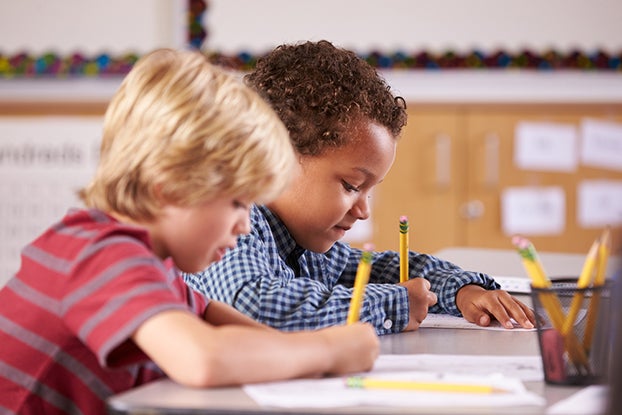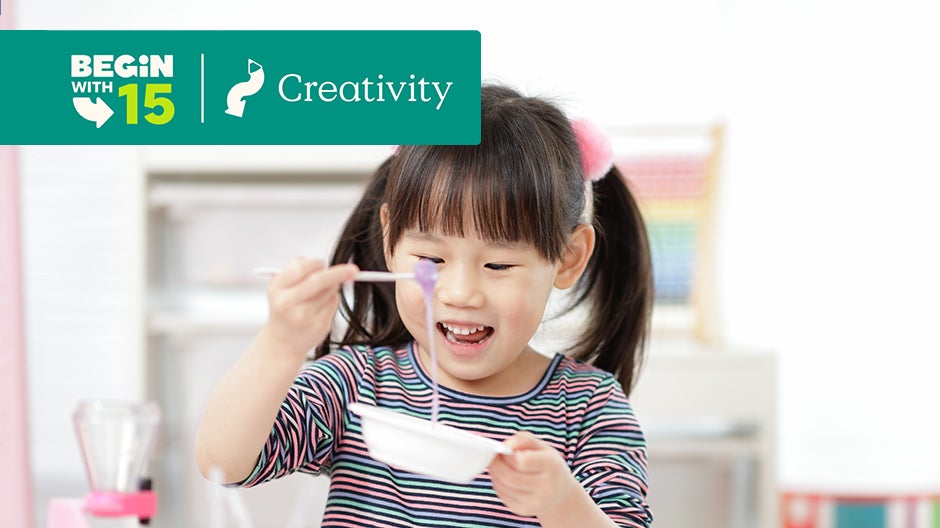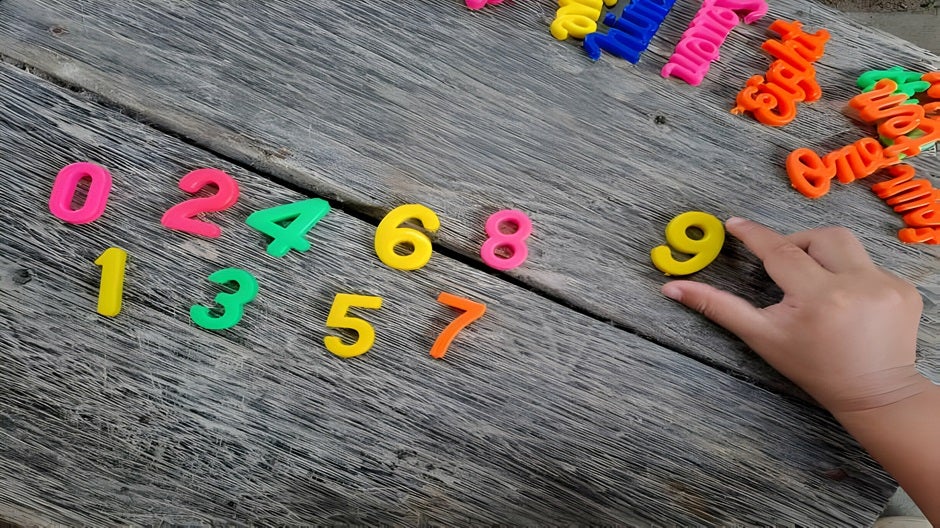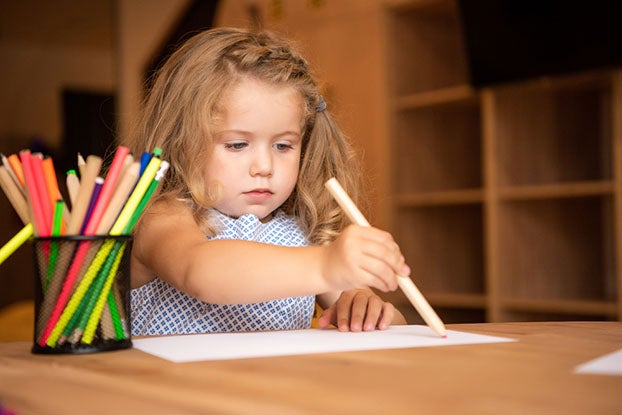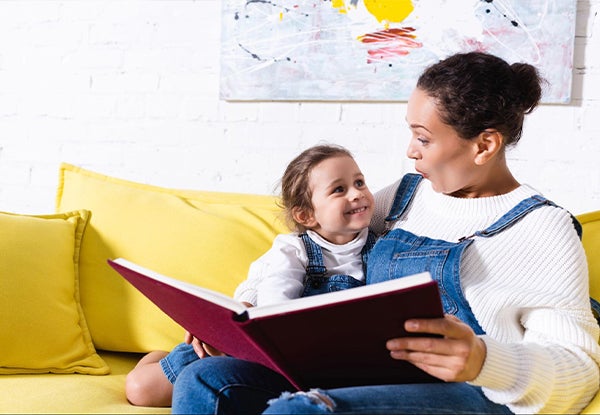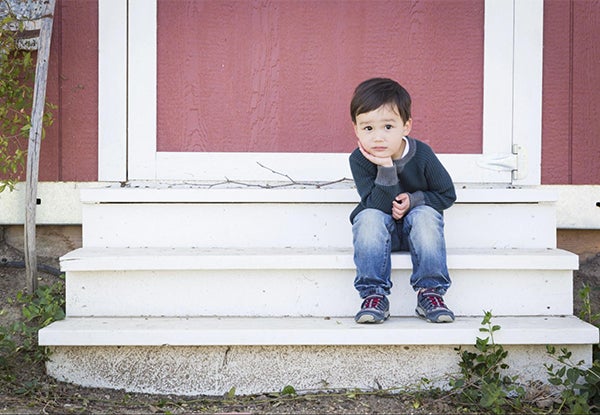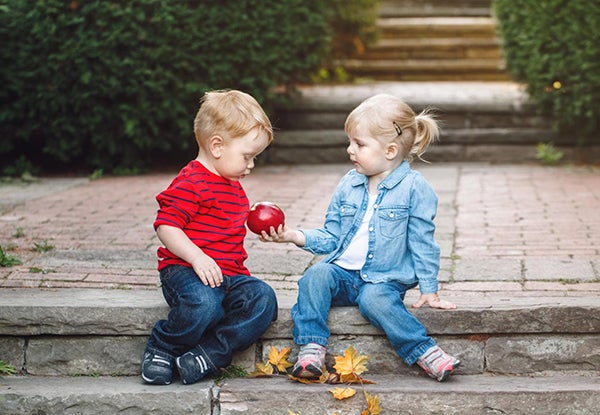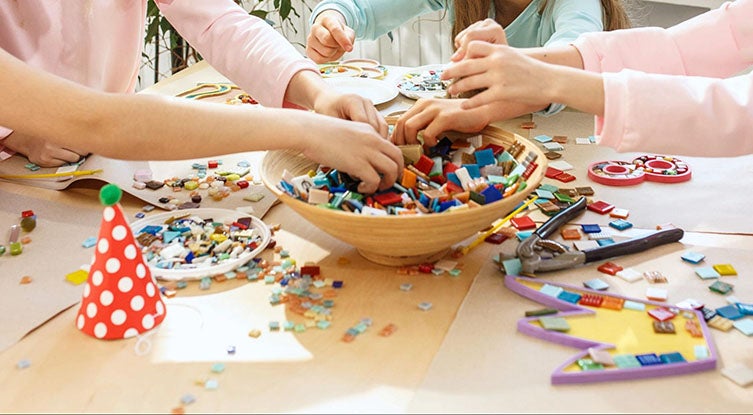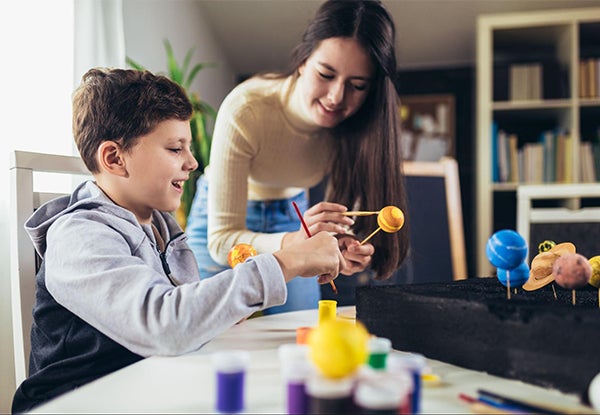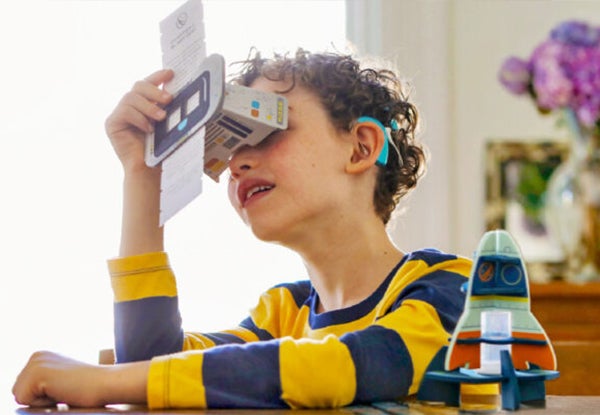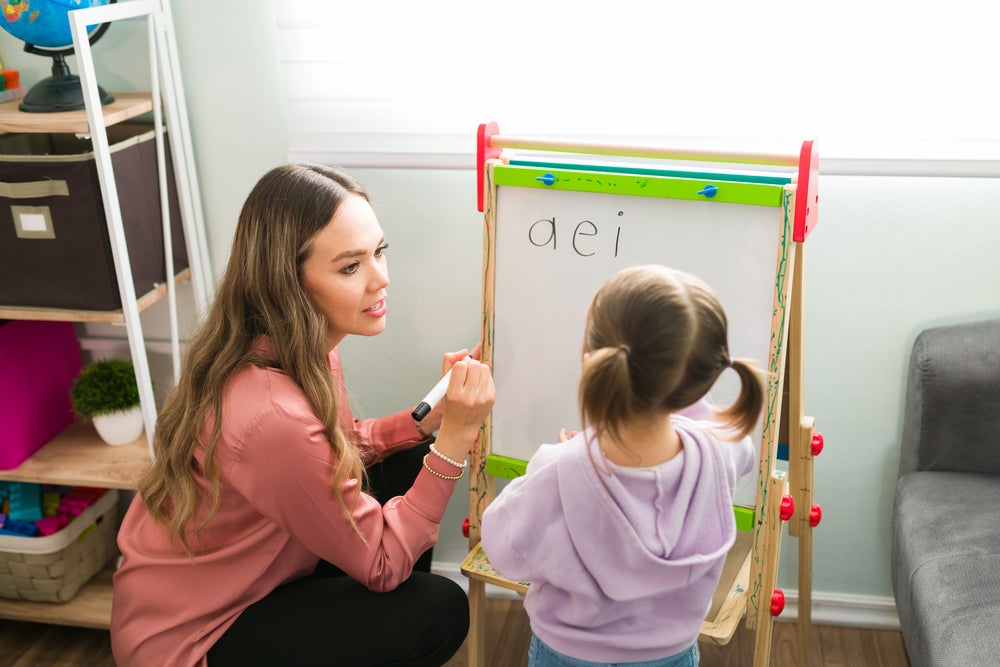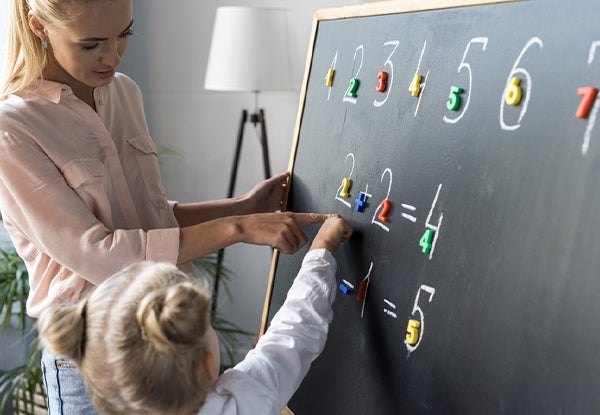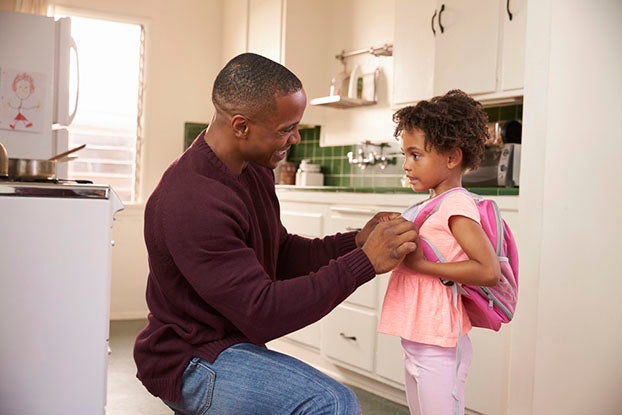When your child finishes first grade, you want them to have the skills necessary to succeed in second grade. But what exactly should a first grader know by the end of the school year?
While every child learns at their own pace and each school may have slightly different standards, there are some general skills and knowledge that most first graders are expected to have by the end of the year.
In this guide, we’ll look more closely at those expectations and share a few tips on how you can help your child develop and strengthen these skills.
Table Of Contents
- What Should a First Grader Know Academically?
- What Should a First Grader Know Socially?
- What Other Skills Should First Graders Have?
- How To Help Your First Grader
What Should a First Grader Know Academically?
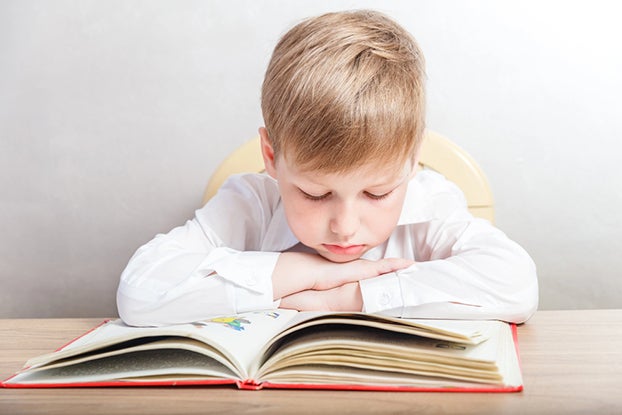
Kindergarten provides your child with a solid foundation of core skills, and first grade builds upon that foundation.
Throughout the school year, your first grader will work on improving their reading and writing abilities, developing basic math skills, and exploring early science and social studies topics.
Reading
The ability to read unlocks endless opportunities for learning and growth, so it’s no surprise that reading is a key focus in first grade.
By the end of the school year, most first graders may be able to:
- Recognize and read age-appropriate sight words
- Read books at the first-grade level
- Demonstrate reading comprehension by asking and answering questions about a text
- Listen attentively to a story and describe the characters, setting, and main events
- Use context clues to help them determine unfamiliar words
- Decode words with a variety of short and long vowel sounds
- Identify a text as fiction or nonfiction
- Make connections between two or more texts
Writing
Reading and writing go hand in hand. As your child learns to read, they’ll also develop their abilities as a writer.
Before heading to second grade, most children can:
- Write legibly, leaving spaces between words and forming letters correctly
- Use capital letters appropriately
- Use ending punctuation marks
- Spell common sight words correctly
- Produce simple stories or informational texts with a beginning, middle, and end
- Include facts in their informational writing
Math
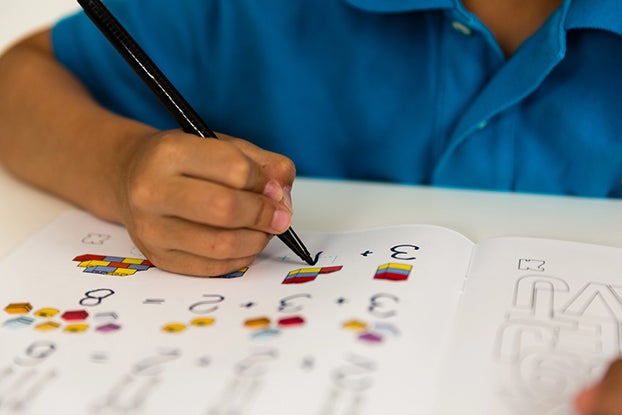
During their first-grade year, your child will become familiar with numbers 0-100. They’ll use them to count, compare, and perform basic operations like addition and subtraction.
First-grade math also focuses on:
- Skip counting by ones, fives, and tens up to 100
- Understanding place value of tens and ones
- Identifying common geometric shapes
- Dividing shapes into halves and quarters
- Using bar graphs to represent data
- Measuring the length of objects to the nearest whole number
- Telling time
Social Studies
Your child will learn more about their family, community, and the world around them in first grade. They’ll explore different cultures, traditions, and historical events.
By the end of the year, first graders may be able to:
- Name and locate the seven continents on a world map
- Say what state and city they live in
- Share some facts about different cultures
- Identify basic local and national symbols
- Use a compass rose to identify the basic directions on a map
- Explain why schools have rules
- Demonstrate good sportsmanship and individual responsibility
Science
First-grade teachers help students develop a love of science by sparking curiosity and encouraging hands-on exploration. Your child will learn about various scientific topics, including plants, animals, and the weather.
They’ll also learn to:
- Make predictions about what will happen
- Observe and document their findings
- Follow science safety rules and use equipment appropriately
- Plan and carry out a basic experiment
What Should a First Grader Know Socially?
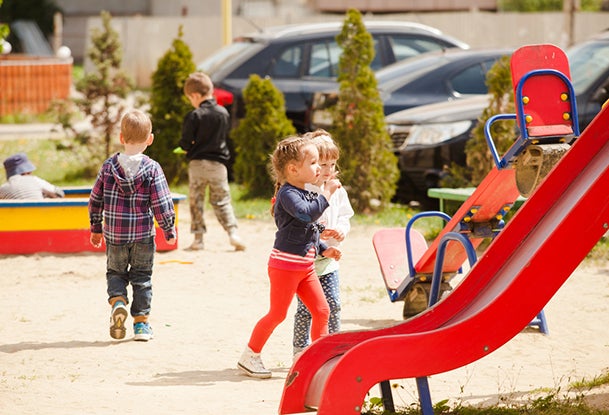
In addition to academic skills, first graders also develop critical social and emotional skills that can help them navigate relationships and interact with others in a positive and healthy way.
In first grade, your child will practice:
- Sharing and taking turns
- Communicating effectively with classmates and adults
- Showing empathy
- Resolving conflicts peacefully
- Following classroom rules and routines
- Working cooperatively
- Identifying their own emotions and understanding how to manage them
- Problem-solving skills
- Developing friendships and maintaining positive relationships
What Other Skills Do First Graders Learn?
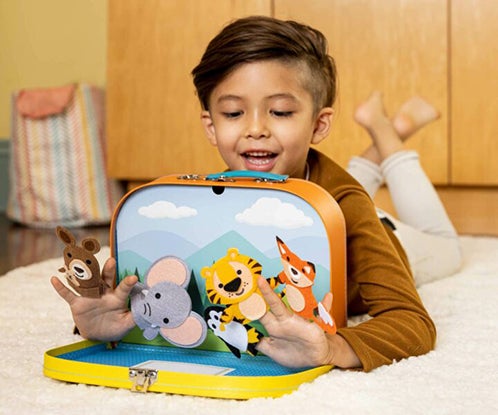
During first grade, your child will also develop skills to help them succeed in school and beyond, including the below.
Fine and Gross Motor Skills
From mastering how to write the letter g to learning how to jump rope, first graders develop fine and gross motor skills to:
- Use the proper pencil grip
- Cut shapes with scissors
- Tie their shoelaces
- Skip, hop, and jump with coordination
- Pay attention to where their body is in space
Time Management and Organizational Skills
First grade is a year for developing independence and responsibility. As a part of this, your child will learn more about time management and staying organized.
By the end of this year, many students can:
- Follow a daily routine
- Keep their belongings in order
- Use a visual timer
- Help create a checklist of things that need to be done
Creativity
First graders are naturally imaginative and creative, and their education should foster this development. In first grade, students typically have opportunities to:
- Express themselves through simple art projects
- Brainstorm different solutions to problems
- Explore different forms of expression, such as dance, music, and drama
How To Help Your First Grader
After looking at these lists of what a first-grader should know, you may be concerned that your child isn’t quite there yet. But don’t worry! Children develop at their own pace, and there is plenty you can do to help your child on their learning journey.
These tips can help.
Read Together
Just because your child is learning how to read doesn’t mean they no longer benefit from being read to. Reading together helps your child develop their vocabulary, listening skills, and comprehension.
Plus, it’s a great way to unwind and bond with your child after a busy day!
Encourage Exploration
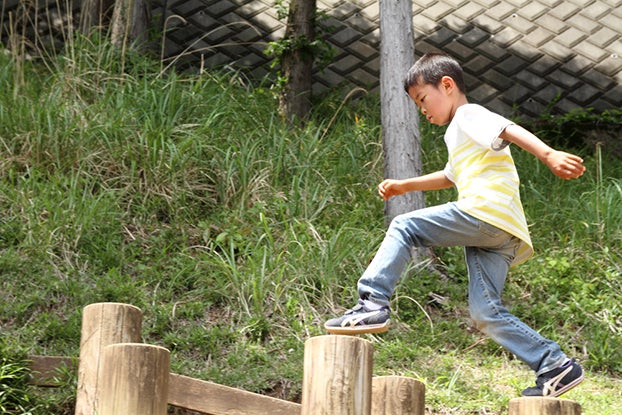
First graders are naturally curious and love to explore. Encourage this curiosity by exposing them to new experiences, whether you try a new food or visit a new place.
A simple way to encourage exploration is with a Little Passports subscription. Each month, your child will receive a package of fun and educational activities to help them learn more about different topics.
With so many subscription options, you’re sure to find one your child will love!
Integrate Technology
Most kids enjoy playing on devices, so why not use that to your advantage? The HOMER app by Begin is screen time you can feel good about.
Our app helps your child build their skills in several different subjects. Plus, it’s personalized to your child’s interests and learning styles. It also offers a parent dashboard so you can easily track their progress.
Practice Basic Skills
Practice makes progress, so take every opportunity to help your child practice their basic skills.
You can:
- Play rhyming games
- Practice spelling words as you walk or drive together
- Ask your child to read to you or a younger sibling
- Visit the library together and pick out plenty of new books to try
- Write simple notes for your child to read
- Pause a television show or movie and ask your child to predict what will happen next
- Provide supplies for writing so your child can create their own books
- Have your child write lists for you
- Give your child problems to solve
Encourage Responsibility and Independence
One of the best ways to help your child grow is to give them responsibilities and independence. Don’t worry; we’re not asking you to turn your six-year-old into a mini-adult. However, having them complete small, age-appropriate tasks can boost their confidence.
Here are some simple tasks to start with:
- Making their bed
- Setting the table for dinner
- Cleaning up their toys
- Unpacking their backpack and lunchbox after school
Remember to praise your child for completing these tasks. Your feedback will encourage them to continue being responsible.
Encourage a Love Of Learning
Learning doesn’t have to be boring. To keep your child engaged, find ways to make learning fun and exciting.
Instead of doing extra practice with flashcards and worksheets, incorporate learning into everyday activities. For example, teach them basic math skills while baking cookies, or point out different plants and animals on a nature walk.
Confidently Finish First Grade With Begin!
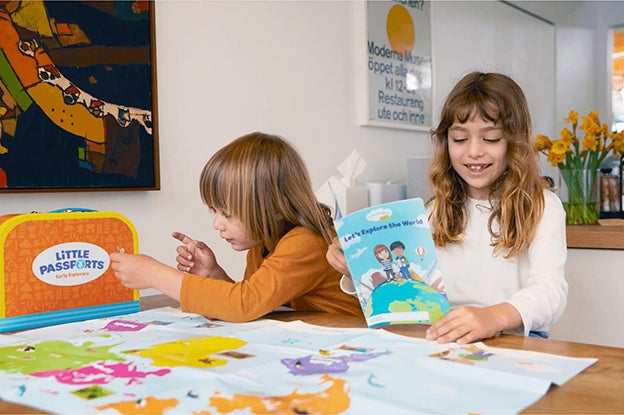
The list of what a first grader should know by the end of the school year can seem daunting, but with practice and patience, your child will master these skills in no time.
Begin is here to help them succeed. Our play-based learning programs will let them practice essential skills with a variety of digital and hands-on activities. With our interactive approach, your child will gain confidence and be ready to excel in second grade!
Take our quiz to find the perfect product for you and your child. Happy learning!
